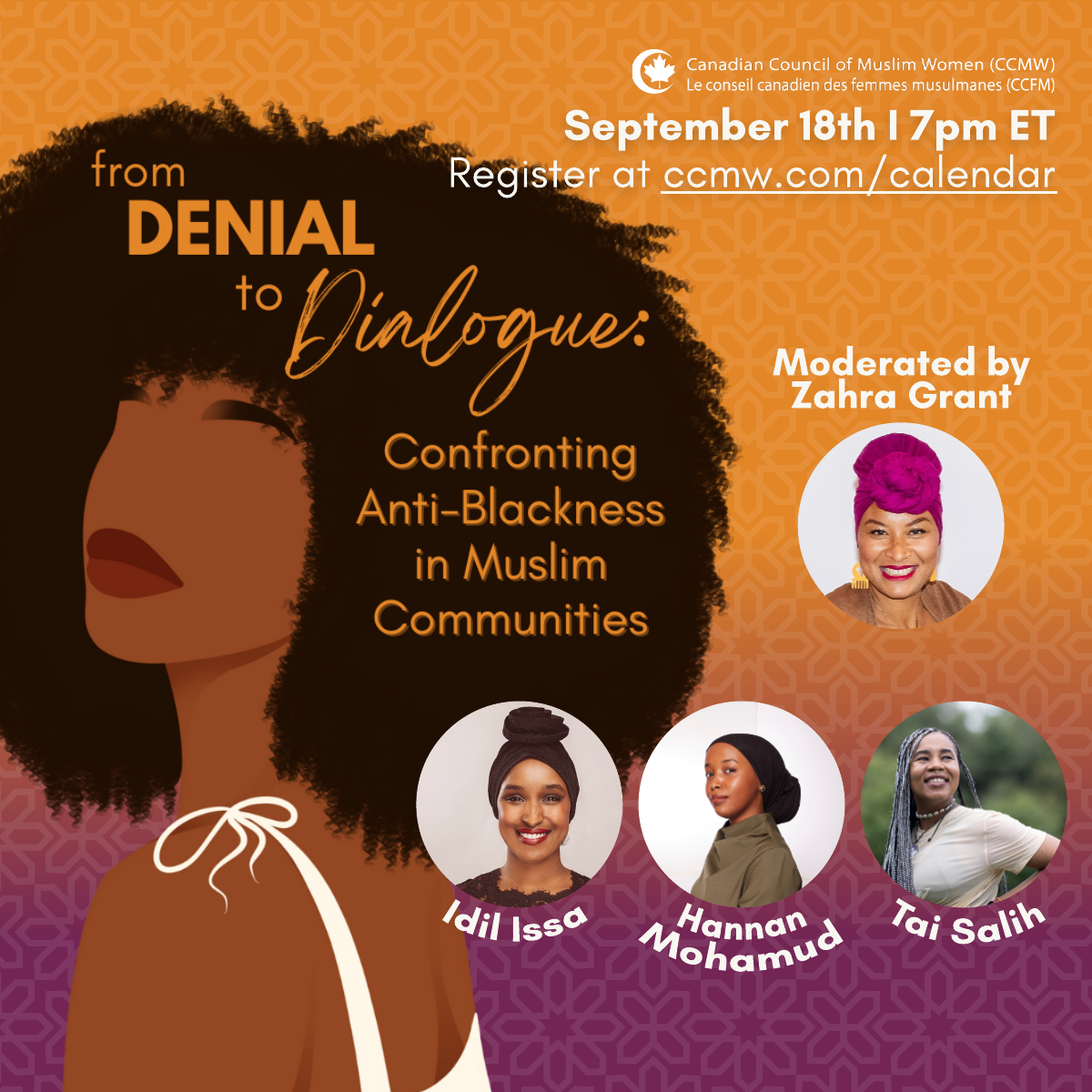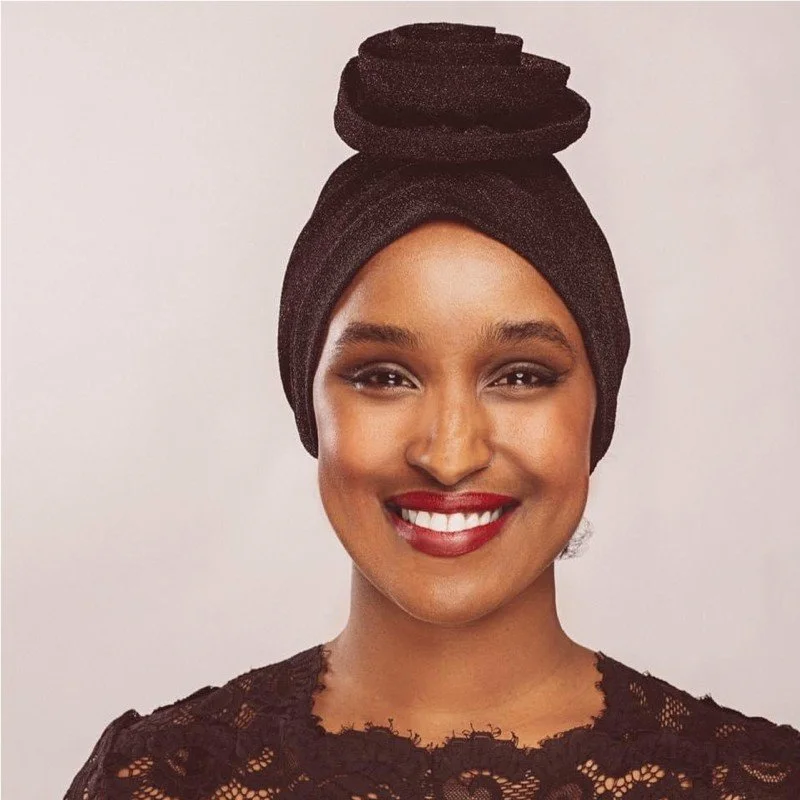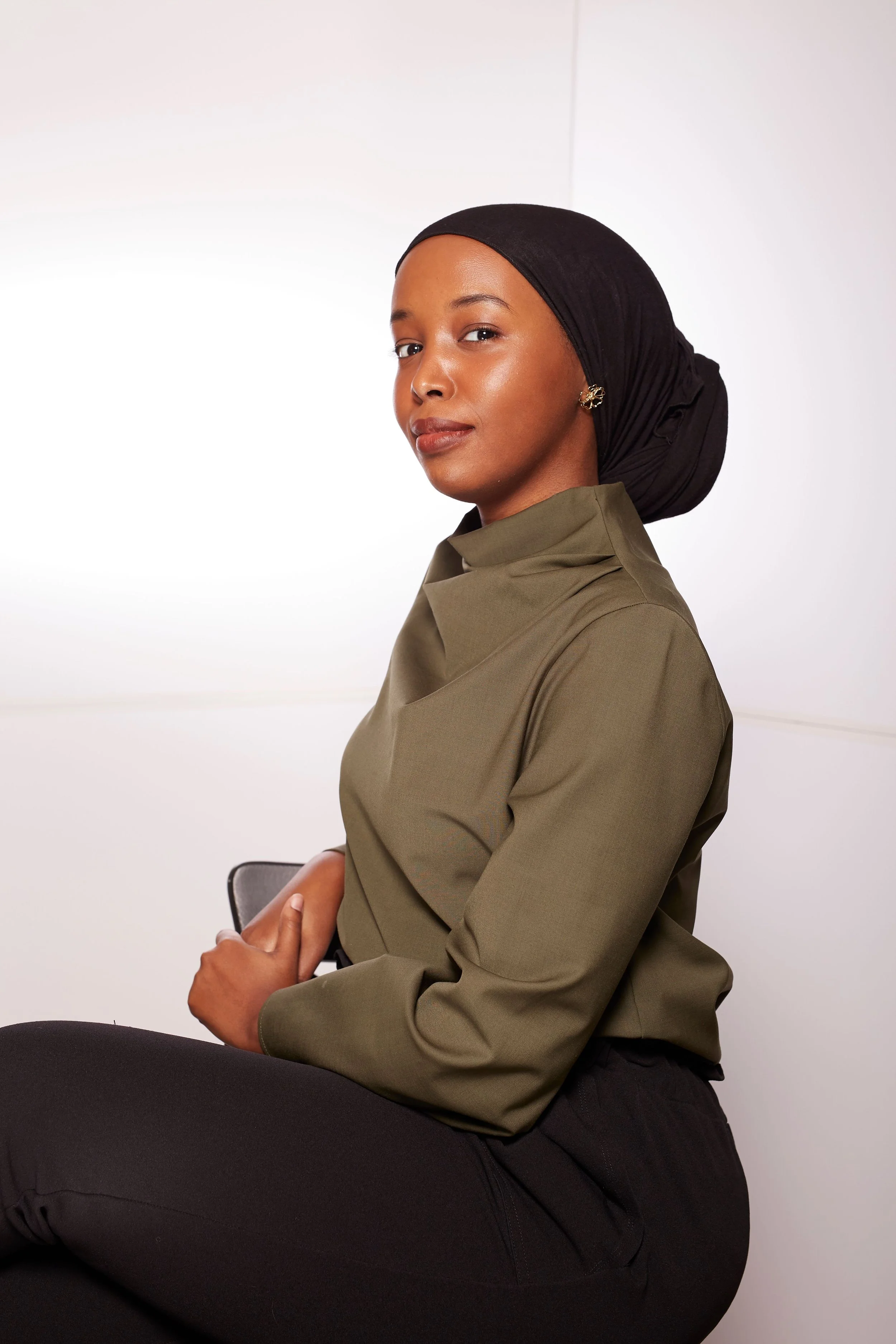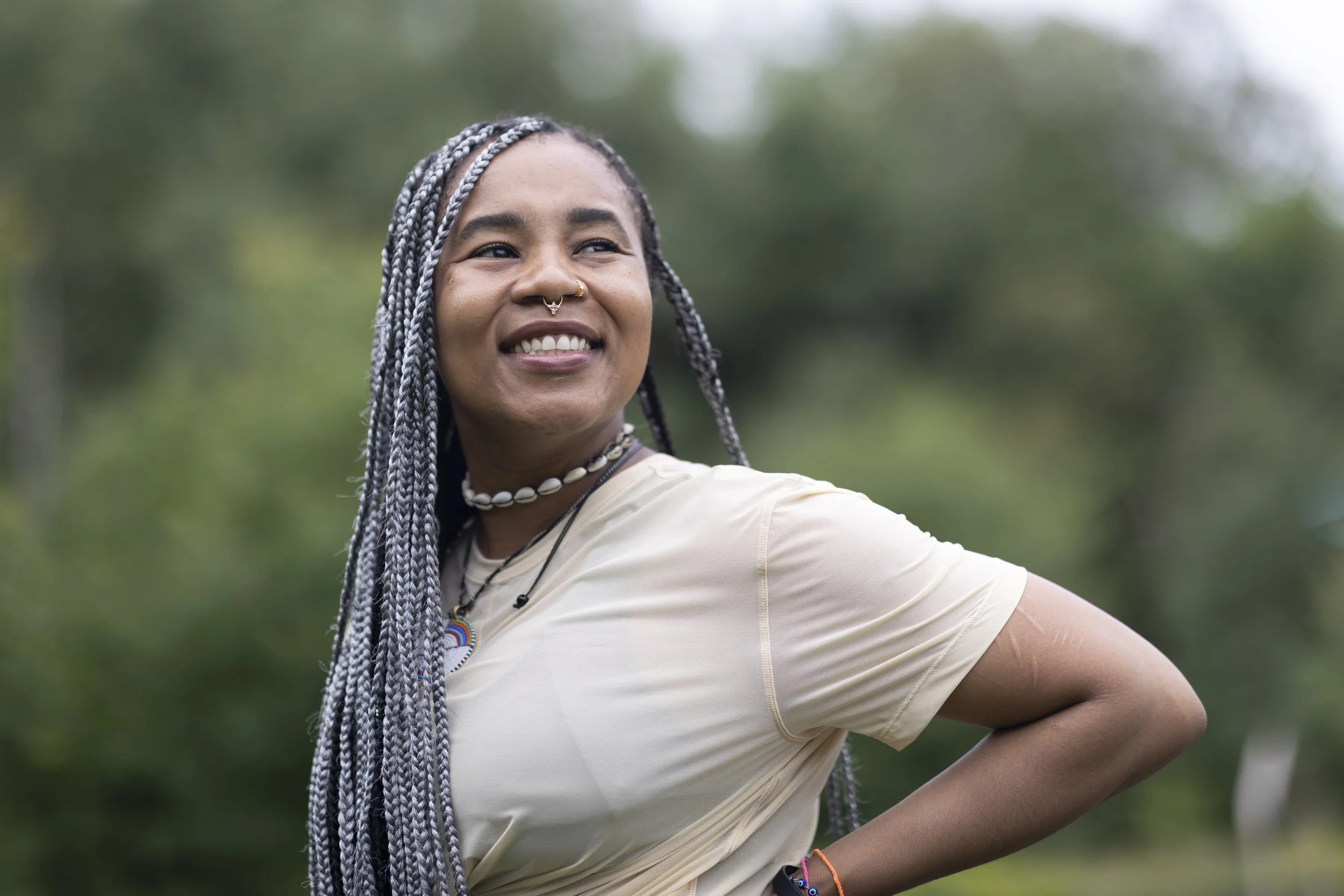Despite Black Muslims being the first Muslims in so-called Canada, Black Muslims continue to face insurmountable discrimination both within the larger Muslim community, and external to it. In Dr. Fatimah Jackson-Best’s ‘Black Muslims in Canada: A systematic review’, Anti-Black Islamophobia is defined as “discrimination Black Muslims experience from non-Black Muslims for being Black, and from Non-Muslims for being Black and Muslim”.
Muslims make up about 3% of the Canadian population, and Black Muslims are 9% of the Muslim population. Yet, Black Muslims suffer from constantly being excluded or harmed within Black Muslim spaces, places of worship and efforts of solidarity. Attempts to raise issues or create conversations around this are often met with denialism, an overemphasis of Muslims being ‘One Ummah’ or minimization of the existence of anti-Blackness within Muslim communities.
This event is for the Muslim communities across Turtle Island, and aims to highlight how rampant anti-blackness is in Muslim communities, and hold space for the experiences of Black muslims, and non-Black muslims to listen, reflect critically on the existence of anti-Blackness within their spaces.
Moderator: Zahra Grant
Zahra Grant is Black Muslim woman of Caribbean descent born and raised on the land of T'karanto (known as Toronto) which is territory is covered under Treaty #13 and the Williams Treaties, the land belonging and in care of many First Peoples, including the Mississaugas of the Credit, the Anishnaabe, the Chippewa, the Haudenosaunee, and the Wendat peoples. Zahra works professionally in governance but is an activist and community builder at heart, she believes in an Islam rooted in liberation and justice, especially as it pertains to women and currently serves on the National Board of Directors of the Canadian Council of Muslim Women, an organization committed to justice and equality for Muslim women in Canada.
Panellist: Idil Issa
Idil Issa is the co-founder of the municipal political party Mouvement Montreal and the informal Muslim women's advocacy network called Femmes Musulmanes Contre le Racisme (FEMCOR). She has worked in the startup and nonprofit space in Qatar, Malaysia, South Africa, and Canada. She writes frequently for outlets such as the Globe and Mail and the Montreal Gazette, among others, on issues including race, religion, and gender. She appears regularly on media outlets such as CBC & CTV to advocate for the rights of marginalized and oppressed groups, with a focus on the intersectional experiences of Muslim women of color. She is currently completing a law degree at McGill University.
Panellist: Hannan Mohamud
Hannan Mohamud is a policy advisor with a robust background as a writer and legal researcher. She has advised political parties, consulted with international human rights organizations, and written extensively on criminal law, hate crimes and surveillance. Her contributions to human rights have been acknowledged with several awards, notably being named one of Alberta’s Top 30 Under 30 for her media and policy contributions. And receiving the prestigious Lou Hyndman Edmonton Glenora Award for her impactful work in citizen engagement and mobilization.
She earned a Juris Doctor degree from the University of Ottawa and is also a dual Bachelor’s degree holder in Psychology and Sociology from the University of Alberta, where she studied the effects of historical and contemporary oppression on policy development.
Hannan has previously been elected to the University of Ottawa’s Board of Governors and currently serves on the Canadian Council of Muslim Women’s Board of Directors. Her commitment to mental health advocacy, especially for Black communities, is highlighted by her appointment to Kids Help Phone’s Rise-Up Black Advisory Council.
Panellist: Tai Salih
Tai Salih (she/her), E-RYT® 500, YACEP®, is an unapologetic intersectional pan-African abolitionist and fierce womanist from Sudan. As a multi-disciplinary social and healing justice educator and facilitator, she dismantles oppressive systems through her diverse roles as an integrative counsellor, social justice advocate, anti-oppression educator, wellness ambassador with lululemon, and emergency response reservist with the Canadian Red Cross. Her life's mission is rooted in decolonization and the radical empowerment of marginalized communities.
Forced to flee Sudan during the second civil war and following Bashir’s military coup, Tai arrived in Canada as a refugee with a revolutionary spirit. She founded the Red Ma'at Collective and the Red Ma’at Healing Centre to challenge and transform oppressive structures, all while completing her designation as a registered psychotherapist. Tai's relentless commitment to healing her own traumas drives her insurgent efforts to ignite profound change and liberation within the community.





